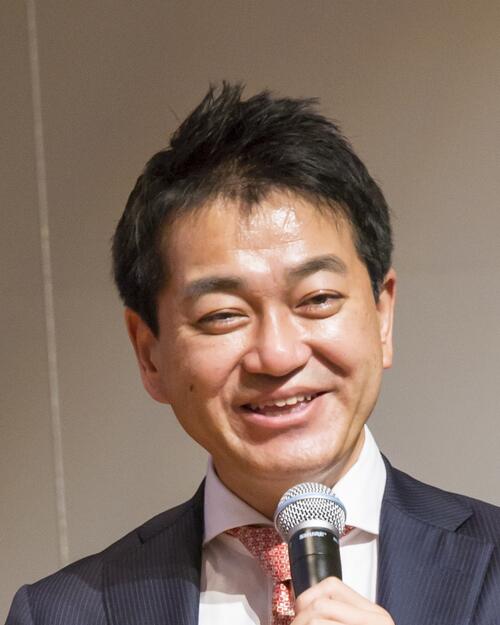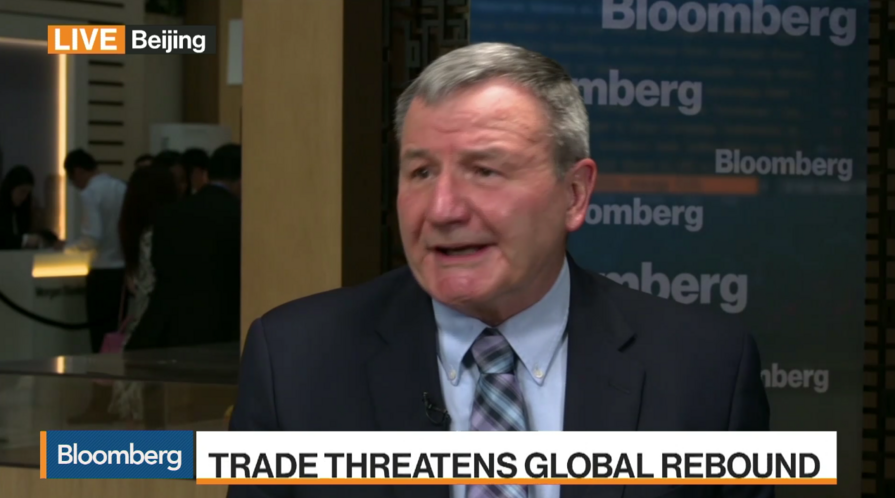People today can generally expect to live longer and, in some parts of the world, healthier lives. The substantial increases in life expectancy underlying these global demographic shifts represent a human triumph over disease, hunger, and deprivation, but also pose difficult challenges across multiple sectors. Population aging will have dramatic effects on labor supply, patterns of work and retirement, family and social structures, healthcare services, savings, and, of course, pension systems and other social support programs used by older adults. Individuals, communities, and nations around the world must adapt quickly to the demographic reality facing us and design new approaches to financing the many needs that come with longer lives.
This imperative is the focus of a newly published special issue of The Journal of the Economics of Ageing, entitled Financing Longevity: The Economics of Pensions, Health and Long-term Care. The special issue collects articles originally written for and discussed at a conference that was dedicated to the same topic and held at Stanford in April 2017 to mark the tenth anniversary of APARC’s Asia Health Policy Program (AHPP). The conference convened top experts in health economics and policy to examine empirical and theoretical research on a range of problems pertinent to the economics of aging from the perspective of sustainable financing for long lives. The economics of the demographic transition is one of the research areas that Karen Eggleston, APARC’s deputy director and AHPP director, studies. She co-edited the special issue with Anita Mukherjee, a Stanford graduate now assistant professor in the Department of Risk and Insurance at the Wisconsin School of Business, University of Wisconsin-Madison.
The Financing Longevity conference was organized by The Next World Program, a Consortium composed of partners from Harvard University, Fudan University, Stanford University, and the World Demographic and Aging Forum, and was cosponsored by AHPP, the Stanford Institute for Economic Policy Research, and the Stanford Center on the Demography and Economics of Aging.
The contributions that originated from the conference and are collected in the Journal’s special issue cover comparative research on more than 30 European countries and 17 Latin American countries, as well as studies on Australia, the United States, India, China, and Japan. They analyze a variety of questions pertinent to financing longevity, including how pension structures may exacerbate existing social inequalities; how formal and informal insurance interact in securing long-term care needs; the ways in which the elderly cope with caregiving and cognitive decline; and what new approaches might help extend old-age financial security to those working outside the formal sector, which is a major concern in low-income countries.
Another challenge of utmost importance is the global pension crisis, caused due to committed payments that far exceed the saved resources. It is a problem that Eggleston and Mukherjee highlight in their introduction to the special issue. By 2050, they note, the pension gap facing the world’s eight largest pension systems is expected to reach nearly US $400 trillion. The problem cannot be ignored, as “the financial security of people leading longer lives is in serious jeopardy.” Indeed four of the eight research papers in the special issue shed light on pensions and inequality in income support for older adults. The other four research papers focus on health and its interaction with labor force participation, savings, and long-term care.
The issue also features two special contributions. The first is an interview with Olivia S. Mitchell, a professor at the University of Pennsylvania’s Wharton School and worldwide expert on pensions and ageing. Mitchell explains the areas offering the most promise and excitement in her field; discusses ways to encourage delayed retirement and spur more saving; and suggests several priority areas for future research. The latter include applying behavioral insights to questions about retirement planning, improving financial literacy, and advancing innovations to help people imagine themselves at older ages and save more for their future selves.
The second unique contribution is a perspective on the challenges of financing longevity in Japan, based on the keynote address delivered at the 2017 Stanford conference by Mr. Hirotaka Unami, then senior Director for policy planning and research of the Minister’s secretariat of the Japan Ministry of Finance and currently deputy director general with the Ministry’s Budget Bureau.
In Japan, decades of improving life expectancy and falling birth rates have produced a rapidly aging and now shrinking population. Data released by Japan’s Statistics Bureau ahead of Children's Day on May 5, 2019 reveal that Japan’s child population (those younger than 15) ranks lowest among countries with a total population exceeding 40 million. In his piece, Unami focuses on the difficult tradeoffs Japan faces in responding to the increase in oldest-old population (people aged 75 and over) and the overall population decline. Japan aspires to do so through policies that are designed to restore financial sustainability for the country’s social security system, including the medical care and long-term care insurance systems.
Unami argues that Japan must simultaneously pursue a combination of increased tax revenues, reduced benefit growth, and accelerated economic growth. He notes that these three-pronged efforts require action in five areas: review Japan’s pension policies; reduce the scope of insurance coverage in low-risk areas; increase the effectiveness of health service providers; increase a beneficiary’s burden according to their means; and enhance policies for preventive health care for the elderly.
The aging of our world’s population is a defining issue of our time and there is pressing need for research to inform policies intended to improve the financial well-being of present and future generations. The articles collected in the Financing Longevity special issue and the ongoing work by APARC’s Asia Health Policy Program point to multiple areas ripe for such future research.
View the complete special issue >>
Learn more about Dr. Karen Eggleston’s work in the area of innovation for healthy aging >>









